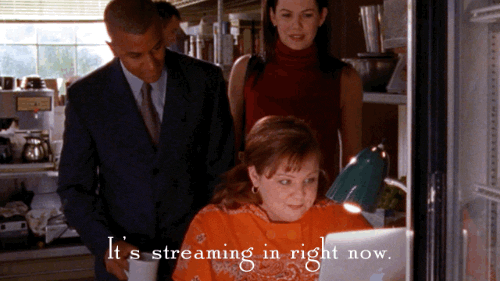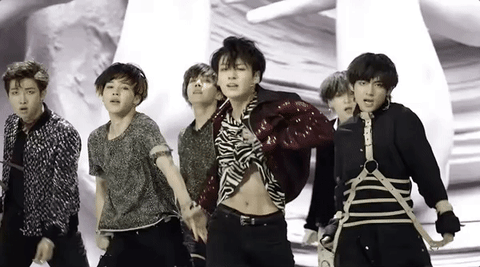If you’ve been on Twitter recently, you will have seen users telling others to stream their favourite artists. But what is streaming and what does it mean for modern music rankings?
While the legitimacy of artists earning royalties from services like Apple Music and Spotify is frequently questioned, not many people recognise the significant benefit streaming does for artists’ popularity and shareability.
In decades past, numerical data around listenership focused on album sales; the data was limited. People were very unlikely to ever buy more than one of the same album – to do so would make no sense. Even when iTunes came along, you only purchased the single or album once. On the other hand, streaming works by counting the number of times someone listens to a song.

This means artists and production companies can accurately track what their most popular song, album or even artist is, based on this data. When we stream, this offers statistics across multiple platforms, including YouTube, YouTube Music, Spotify, Apple Music, Tidal and more. However there are many tips and tricks to streaming. Spotify and Apple Music both have download options for their premium users. If you download your favourite track, they can’t count how many times you’ve streamed it. Similarly, if you have your history switched on for YouTube, your view won’t count if you just repeat the same video multiple times. Streaming intentionally to get your favourite band in the Top 200 can be tricky business!
Even if sneaky streaming doesn’t automatically put your lesser known fave in the Top 200 (where purchasing data is still used), it does lead to increased revenue for small but popular artists who may not rank highly but have a loyal fanbase. Higher streaming numbers also means it is more likely that the service will put the popular track into genre and mood playlists, which builds the audience.
As streaming numbers continue to flourish, so does competition. Some of the biggest music fandoms get sucked into streaming wars, sometimes basing quality music on numbers while forgetting artistic merit. It is important to remember that big time names like Ariana Grande or Beyoncé will always have higher streaming numbers than an equally talented but lesser known local artist. As with any ranking system, this doesn’t mean their artistry is any less valid.

The K-pop industry (and fan-base) is a huge proponent of this misconception. In Korea, each nationally-based streaming service, such as Naver and Melon, has its own end of year awards, which celebrate numbers over artistry. This doesn’t necessarily mean the winners do not have artistic merit, but it does mean that bigger entertainment companies are more likely to sweep the floor while smaller artists go unrecognised. It also often doesn’t account for international fanbases, which have grown drastically over recent years. While some awards do have a ‘Global Artist’ trophy, it isn’t nearly as highly regarded as other awards.
Despite these limitations, streaming can bring a fandom together. Fanbases, especially on ‘stan Twitter’, often have ‘streaming parties,’ where one or more fandoms come together to hype up a new single or album. When Beyoncé released Apeshit and BTS released Fake Love, the two fandoms joined together to promote one another through the hashtag #ARMYHiveStreamingParty. However, this can also go the other way. ‘Antis’, or people against a certain artist due to fan-wars, will go out of their way to mass dislike a track or have a streaming party to stop a certain single from charting.

Like most things in the digital world, streaming is only one part of a wider industry landscape. The most successful artists are going to monopolise top streams and album sales, not necessarily just one or the other. However, streaming services give us as fans the opportunity to support our favourite artists, costing us nothing but time. It helps lesser known artists break through the competitive marketplace, and sometimes even the largest artists to accurately see which of their tracks are most popular. It’s not a perfect system, but it provides both listeners and artists a way to give and receive support through hard data. So go and support your fave and stream, stream, stream!

